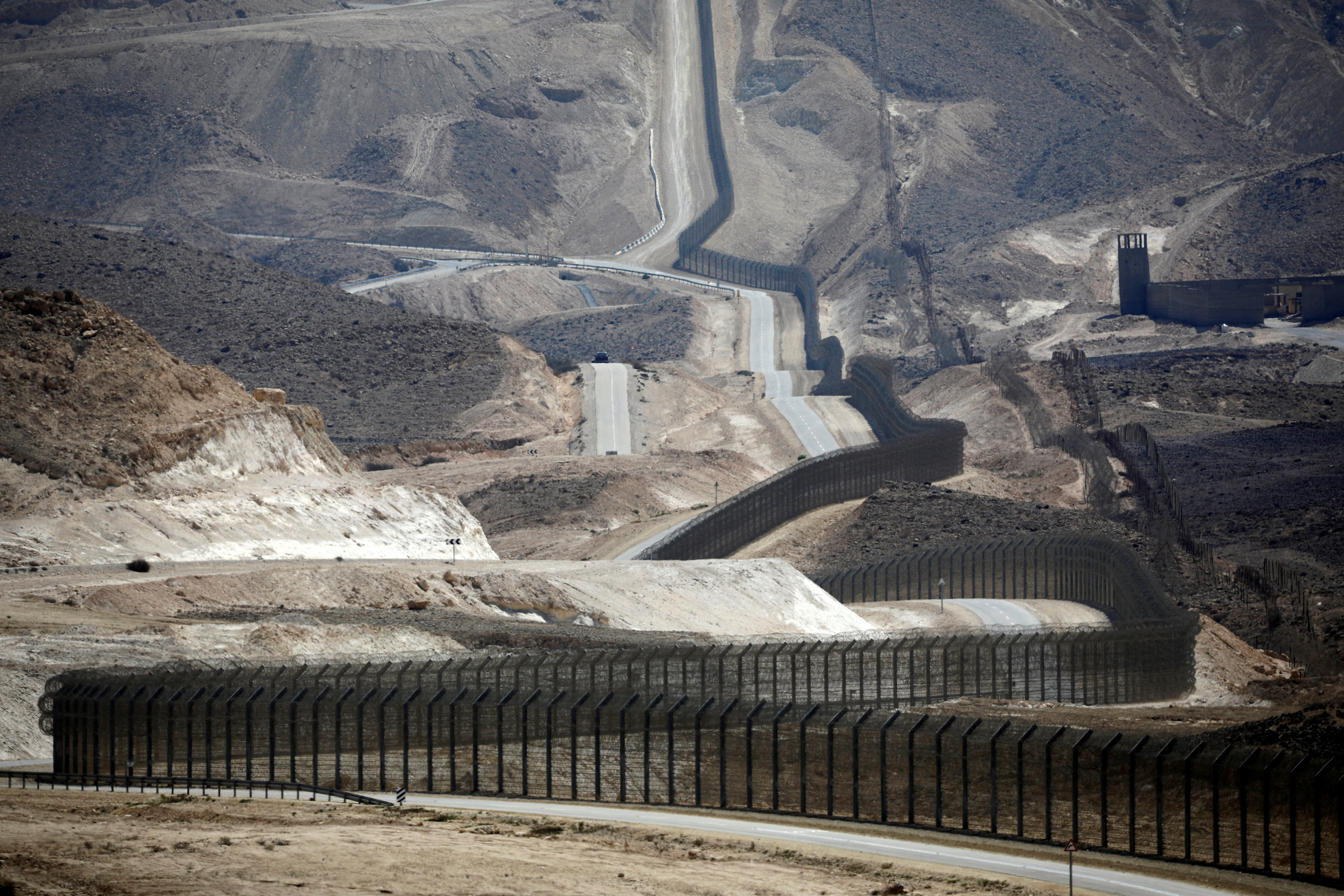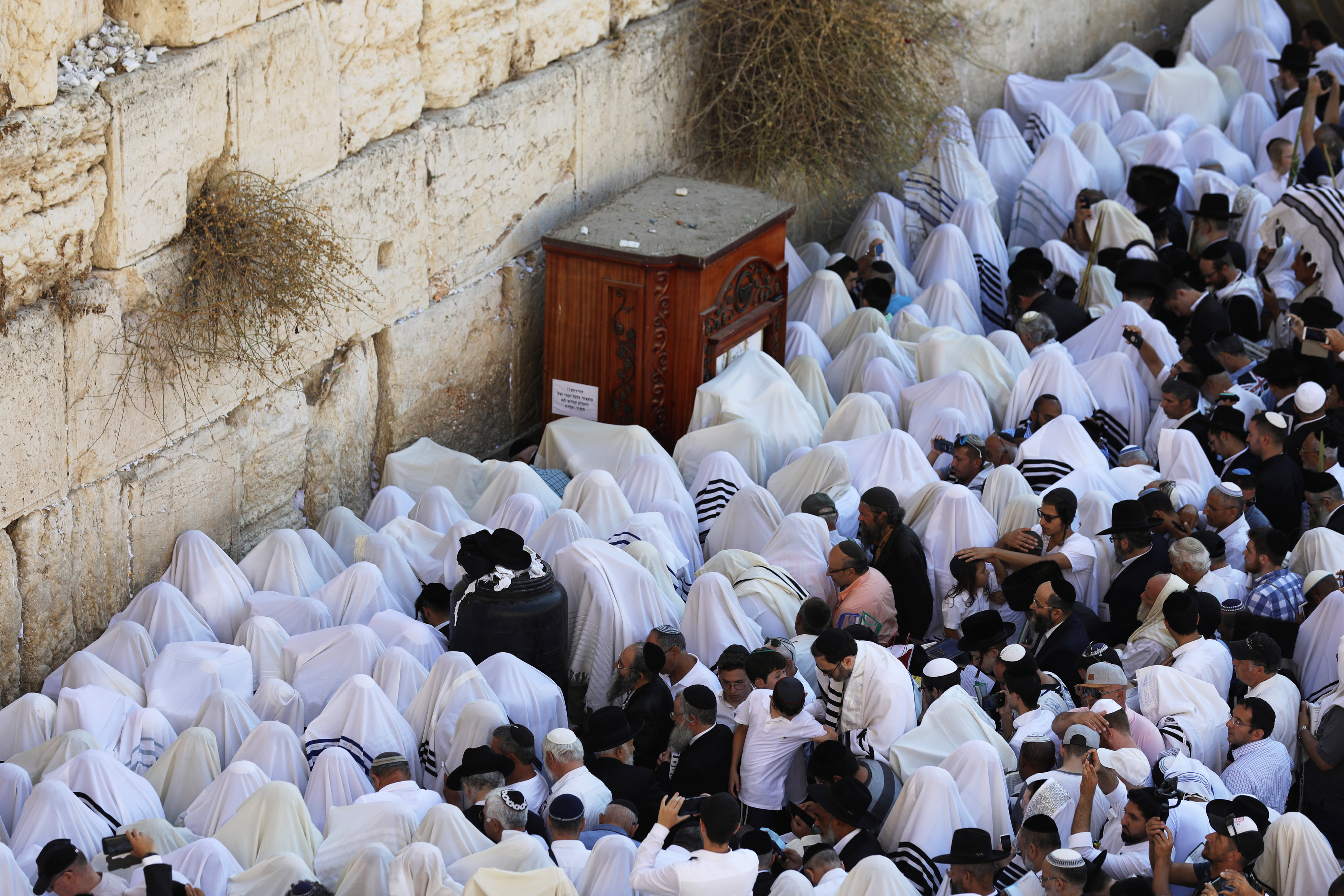
By Darya Korsunskaya and Stephen Farrell
MOSCOW/JERUSALEM (Reuters) – President Vladimir Putin said on Tuesday that the shooting down of a Russian military plane near Syria’s seacoast was the result of a chain of tragic and chance circumstances.
Russia’s Defense Ministry said earlier that the aircraft was shot down by Syrian anti-aircraft systems, but accused Israel of indirectly causing the incident, saying Israeli jets operating nearby had put the Russian plane in the path of danger. The ministry threatened to retaliate over what it called a hostile act.
Putin’s comments, made after talks with Hungary’s prime minister in Moscow, appeared to somewhat defuse the situation though he said Russia needed to look further into what happened.
“I looks most likely in this case that it was a chain of tragic chance events, because an Israeli aircraft did not shoot down our aircraft. But, without any doubt we need to seriously get the bottom of what happened,” Putin told reporters.
The Russian president said Moscow’s response to the incident would aim at securing the safety of Russian military personnel in Syria’s complex civil war in which various outside powers have backed opposing sides.
“As for retaliatory measures, they will be aimed first and foremost at further ensuring the safety of our military personnel and facilities in Syria. And these will be steps that everyone will notice,” Putin said.
Russia’s Defence Ministry said the Il-20 reconnaissance aircraft, with 15 Russian service personnel on board, was brought down by anti-aircraft batteries of Moscow’s ally, Syria, in a “friendly fire” incident.
But the ministry said it held Israel responsible because, at the time of the incident, Israeli fighter jets were mounting air attacks on Syria targets and had only given Moscow one minute’s warning, putting the Russian aircraft in danger of being caught in the cross-fire.
“We view the actions of the Israeli military as hostile,” Russian Defence Ministry spokesman Igor Konashenkov told Russian state television. “As a result of the irresponsible actions of the Israeli military, 15 Russian service personnel perished.”
ISRAEL BLAMES ‘INACCURATE’ SYRIAN FIRE
The Israel Defense Forces (IDF) expressed sorrow at the deaths but blamed the Syrian government and its allies Iran and Hezbollah. “Israel holds the Assad regime, whose military shot down the Russian plane, fully responsible for this incident,” the IDF said in a statement.
It said the initial Israeli inquiry into the incident found that “extensive and inaccurate” Syrian surface-to-air anti-aircraft fire “caused the Russian plane to be hit and downed”.
“The Syrian anti-air batteries fired indiscriminately and from what we understand, did not bother to ensure that no Russian planes were in the air,” the statement said.
It added that by the time the Russian plane was struck, the Israeli jets were already out of Syria and back in their own airspace. The Russian plane was “not within the area of the operation” carried out by the Israeli jets, it said.
An Israeli diplomatic source said Israeli Prime Minister Benjamin Netanyahu was expected to speak shortly with Putin.
After the incident, Russian Defence Minister Sergei Shoigu told his Israeli counterpart, Avigdor Lieberman, that Moscow held Israel wholly responsible, Russian news agencies reported.
Israel’s ambassador in Moscow was summoned to the Russian Foreign Ministry over the matter, ministry spokeswoman Maria Zakharova said.
RUSSIAN BLIND EYE
Any row between Israel and Russia could restrict Israel’s ability to carry out air strikes inside Syria on what it considers the greatest threat to its security from the Syrian conflict – build-ups of Iranian forces or groupings of the Iranian-backed Hezbollah militia.
Since intervening in Syria’s civil war in 2015, Russia has generally turned a blind eye to the Israeli attacks on these targets. Israel has conducted about 200 such attacks in the last two years, according to Israeli officials.
Amos Yadlin, Director of Tel Aviv University’s Institute for National Security Studies, said on Twitter the downing of the Russian plane could “limit the bid to stop Iran’s entrenchment in Syria and the transfers of advanced weapons to Hezbollah.”
THREAT OF RETALIATION
Moscow said its plane disappeared from radar screens as it was coming in to land at the Hmeymim air base in western Syria late on Monday.
According to the Russian Defence Ministry, the Israeli F-16 jets carrying out the air strikes used the Russian plane as cover to allow them to approach their targets on the ground without being hit by Syrian anti-aircraft fire.
“Hiding behind the Russian aircraft, the Israeli pilots put it in the line of fire of Syrian anti-aircraft systems. As a result, the Il-20 … was shot down by the (Syrian) S-200 missile system,” the ministry’s Konashenkov said.
He said the Israeli pilots “could not have failed to see the Russian aircraft, as it was coming in to land from a height of 5 km (three miles). Nevertheless, they deliberately carried out this provocation,” Konashenkov said.
“This absolutely does not correspond to the spirit of Russian-Israeli partnership. We reserve the right to take commensurate measures in response,” he said, without giving details of what those measures would be.
The Israel military said that overnight its fighter jets had “targeted a facility of the Syrian Armed Forces from which systems to manufacture accurate and lethal weapons were about to be transferred on behalf of Iran to Hezbollah in Lebanon”.
It said the weapons targeted in the Mediterranean coastal city of Latakia “were meant to attack Israel and posed an intolerable threat against it”.
The IDF statement said the “deconfliction” system used by the Israeli and Russian militaries “was in use tonight”, adding: “Israel will share all the relevant information with the Russian government to review the incident and to confirm the facts in this inquiry.”
Several countries have military operations under way around Syria, with forces on the ground or launching strikes from the air or from ships in the Mediterranean. In some cases, those countries are backing opposing sides in the Syrian war.
Foreign powers involved in the conflict – including Israel and Russia – operate hotlines to exchange operational details to avoid one side accidentally attacking the other’s forces.
However, diplomats and military experts have warned that the risk of inadvertent strikes is high.
(Additional reporting by Tom Balmforth and Andrew Osborn in Moscow; Maayan Lubell and Ori Lewis in Jerusalem; John Irish and Sophie Louet in Paris; Phil Stewart in Washington and Nayera Abdallah in Cairo; Editing by Mark Heinrich)















